Liberals Clinch Lead as Canada Awaits Final Count
The federal election in Canada just wrapped, and the country is holding its breath. Mark Carney and the Liberal Party have pulled ahead, but they’re stuck at 168 seats—painfully close to a majority, which needs 172. That tiny gap is making everyone obsess over the final count of special ballots, which could completely reshape the picture for the next four years. Right now, nothing’s set in stone. The Liberals are grinning, but it’s not quite a victory lap yet. They could walk away with clear control of Parliament, or they could be stuck haggling with smaller parties just to get things passed.
If you’re wondering why this matters, look at what’s happening in Ottawa. When a government barely misses a majority, its leader—this time, Mark Carney—either has a smooth ride or a constant uphill battle. Without a majority, every bill becomes a negotiation, and every week brings the threat of a snap election if someone pulls the plug. So, all eyes are on those last ballot boxes.
Conservatives Concede and Face Uncertainty
On the other side, things are even messier. Pierre Poilievre, the Conservative Party leader, already conceded. What’s awkward is he might not even keep his own seat in Parliament. That’s a pretty rare situation for a major party leader in Canada—imagine leading your entire campaign just to get shown the door by your own voters. Political scientist Daniel Beland of McGill University points out that Poilievre could technically bite the bullet and keep leading his party from the outside, but he'd likely have to run in a much safer district in the future if he wants back in. The current uncertainty could throw the Conservatives into a period of soul-searching and leadership drama.
As for the smaller parties? They’re suddenly looking a whole lot more important. If Carney needs to cobble together support, places like the New Democratic Party or the Bloc Québécois might find themselves in the kingmaker role. This could mean big asks in exchange for their backing—think policy concessions or cabinet seats.
But the big unknown looming over this election isn’t just a parliamentary numbers game. The international mood also shifted a notch. This year, U.S.-Canada relations are in the spotlight again. After a campaign where the shadow of Donald Trump’s administration fell over everything, analysts like Eric Ham are blunt—Carney’s real challenge is staring down a Washington government that’s not in a cooperative mood. That brings a whole other layer of pressure to the next Canadian government—one that could turn headaches into migraines when it comes to trade, climate issues, or border security.
So, where does that leave everyone? For now, Canadians are refreshing results pages, wondering if those last few ballots will push the Liberals into a majority or keep the next Parliament on a knife’s edge. Whatever happens, Mark Carney walks into a job that’s even tougher than it looks from outside—dealing with tight math at home, and a tricky political partner to the south.

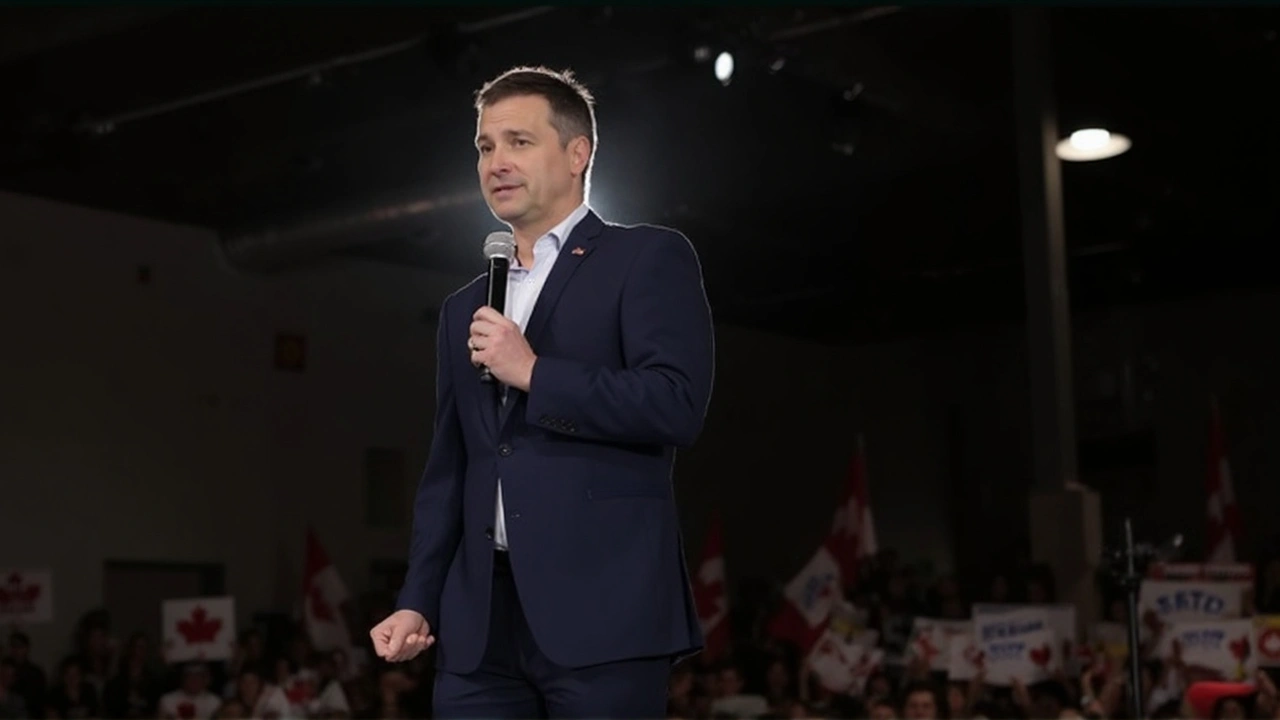
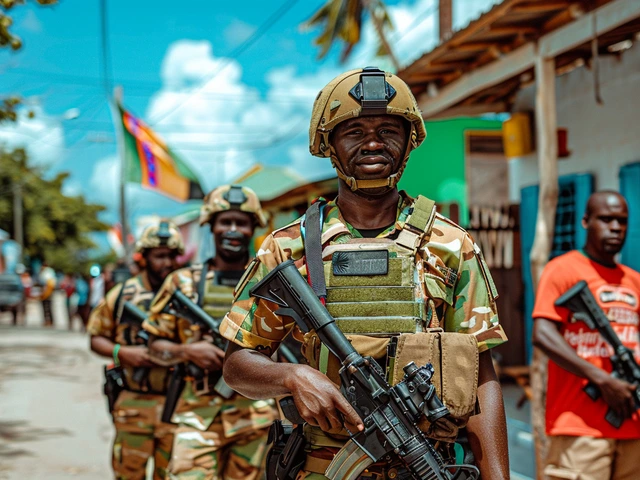
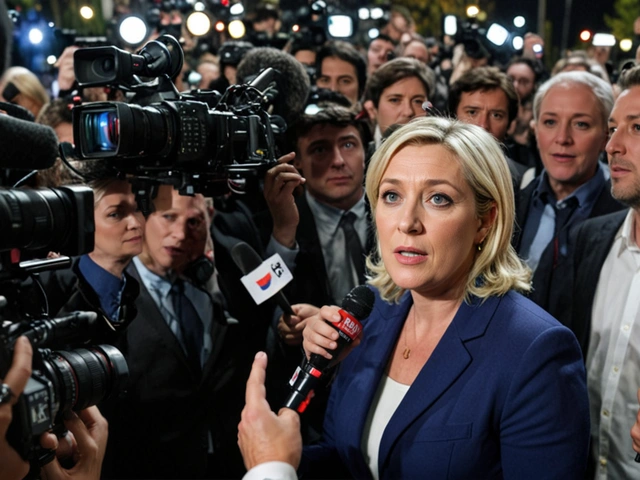
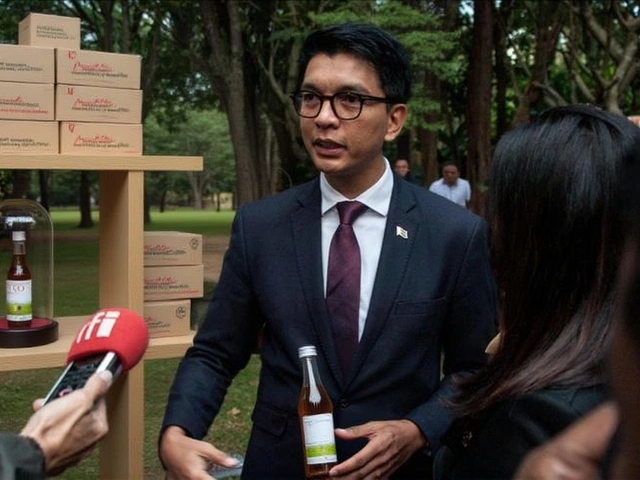
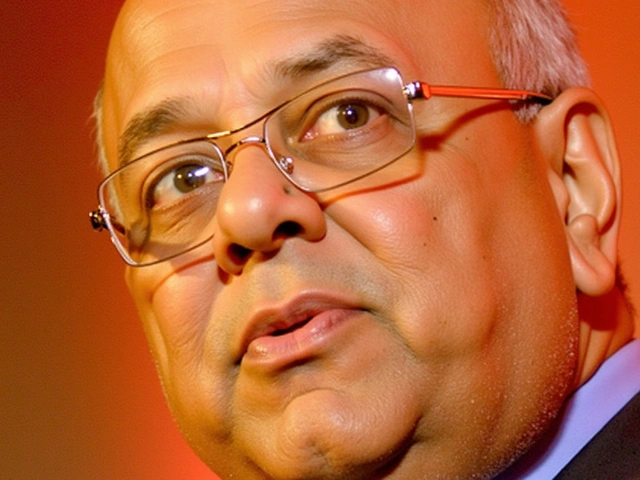
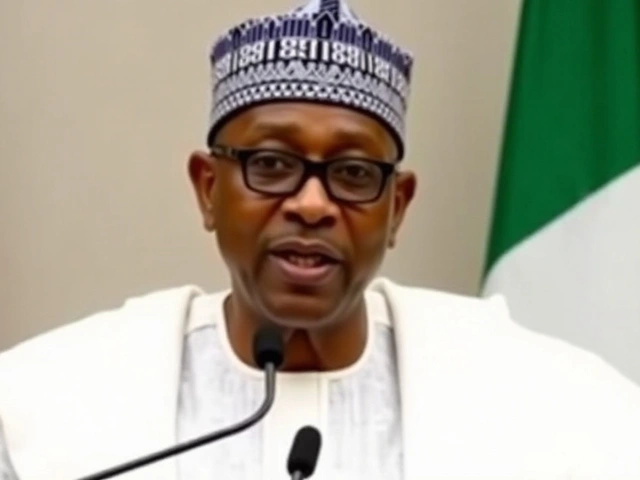
Dee Boyd
April 30, 2025 AT 18:28 PMFrom a policy‑centric perspective, the Liberals’ precarious seat count forces an immediate recalibration of legislative strategy; without a clear majority, every fiscal bill will be subjected to rigorous cost‑benefit analysis and inter‑party negotiation, which inevitably raises the bar for fiscal responsibility and transparent governance.
Carol Wild
May 1, 2025 AT 16:41 PMThe media narrative is being engineered by an elite consortium that thrives on uncertainty; they deliberately amplify the ambiguity surrounding special ballots to keep the electorate restless. Behind closed doors, pollsters are fed curated data that inflates the perception of a "tight" race, ensuring that donor money keeps flowing. It’s not merely about the numbers – it’s about maintaining a climate of fear that justifies perpetual campaign financing. When the public believes that every vote could tip the balance, they become more pliable to the narratives pushed by think‑tanks aligned with foreign interests. In short, the chaos we observe is a feature, not a bug, of a system designed to profit from perpetual political turbulence.
Rahul Sharma
May 2, 2025 AT 14:55 PMThe parliamentary arithmetic that Canada now faces is reminiscent of coalition thresholds we routinely navigate in Indian state assemblies.
When a governing bloc falls short of the numeric majority, every legislative initiative must survive a multi‑layered vetting process that includes not only party whips but also external stakeholder lobbying.
In this context, the Liberals will likely resort to issue‑specific pacts with the NDP and the Bloc, trading policy concessions for confidence‑and‑supply agreements.
Such arrangements historically dilute the original manifesto commitments, introducing a degree of policy drift that can alienate the core electorate.
Moreover, the procedural lag inherent in negotiating with smaller parties often translates into delayed budgetary approvals, which can impact macro‑economic stability.
From a fiscal perspective, the uncertainty surrounding the final seat tally can deter foreign investors who prefer a predictable regulatory environment.
Additionally, the specter of a minority government may embolden opposition parties to launch confidence motions, potentially triggering another election cycle within a year.
The international dimension cannot be ignored; a Canadian government preoccupied with internal bargaining may find it challenging to present a united front in negotiations with Washington.
Trade talks, especially those concerning the Energy Transition Accord, require consistent policy signals that minority governments struggle to provide.
Climate commitments also risk being watered down as the ruling party seeks to appease divergent regional interests within the coalition framework.
In parliamentary practice, the role of the Speaker becomes pivotal in tie‑breaking votes, adding another layer of strategic calculation for the Liberals.
Public opinion polls, while volatile, often reward perceived stability, meaning that any protracted stalemate could erode the Liberals’ legitimacy.
The media narrative will likely oscillate between praising Carney’s negotiation skills and criticizing the lack of decisive governance.
Historically, minority governments in Canada have either succumbed to early elections or have managed to pass landmark legislation through adept compromise; the outcome is far from predetermined.
Ultimately, the Canadians watching this unfold must brace for a legislative session where policy formulation is as much about political arithmetic as it is about ideological conviction.
Emily Kadanec
May 3, 2025 AT 13:08 PMi think the lib's gonna have to play nice or else they stuck in a gridlock.
william wijaya
May 4, 2025 AT 11:21 AMThe drama of a hung parliament is like a cliffhanger in a binge‑watch series-every episode builds tension, and the audience is left wondering if the protagonists will finally secure the throne or watch their empire crumble.
Lemuel Belleza
May 5, 2025 AT 09:35 AMJust another election cycle, same old story, folks.
faye ambit
May 6, 2025 AT 07:48 AMWhen political actors confront the constraints of a fragmented legislature, the ethical imperative shifts toward seeking common ground; compromise becomes not merely a strategy but a moral responsibility to the citizenry.
Subhash Choudhary
May 7, 2025 AT 06:01 AMHonestly, watching parties scramble for a few extra votes feels like watching kids argue over the last slice of pizza.
Ethan Smith
May 8, 2025 AT 04:15 AMFrom a procedural standpoint, the final count of special ballots could swing the outcome by up to four seats, which underscores the importance of meticulous validation protocols.
Evelyn Monroig
May 9, 2025 AT 02:28 AMThe real story is that Washington is quietly nudging the Liberal leadership to adopt a more compliant stance on trade, using back‑channel pressure to ensure the next Canadian government won't challenge US geopolitical aims.
Gerald Hornsby
May 10, 2025 AT 00:41 AMNothing surprises me anymore 😒